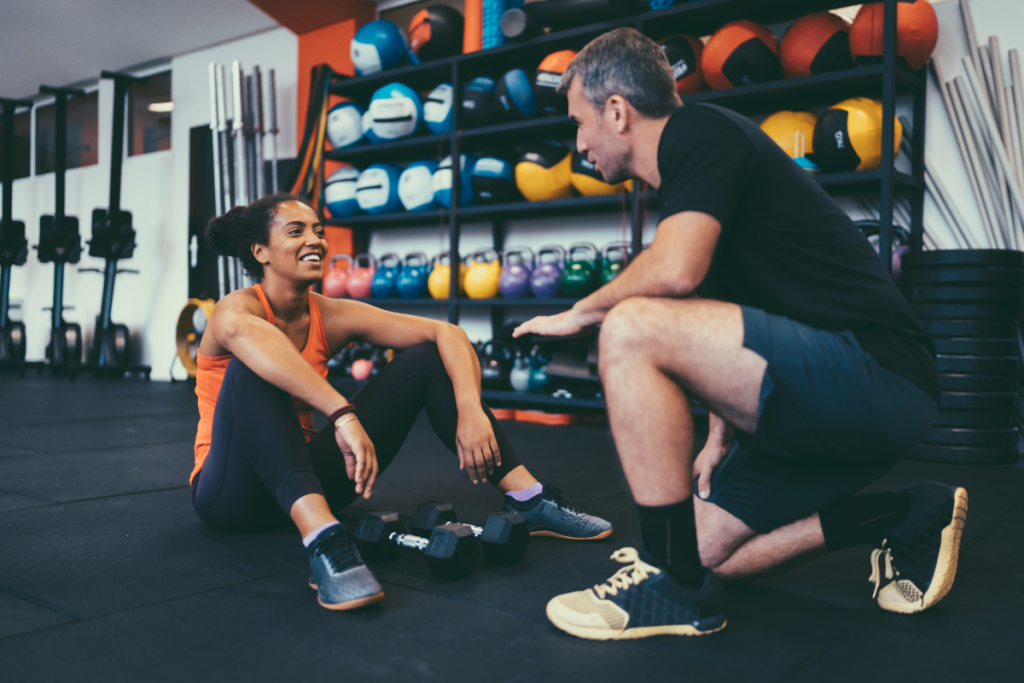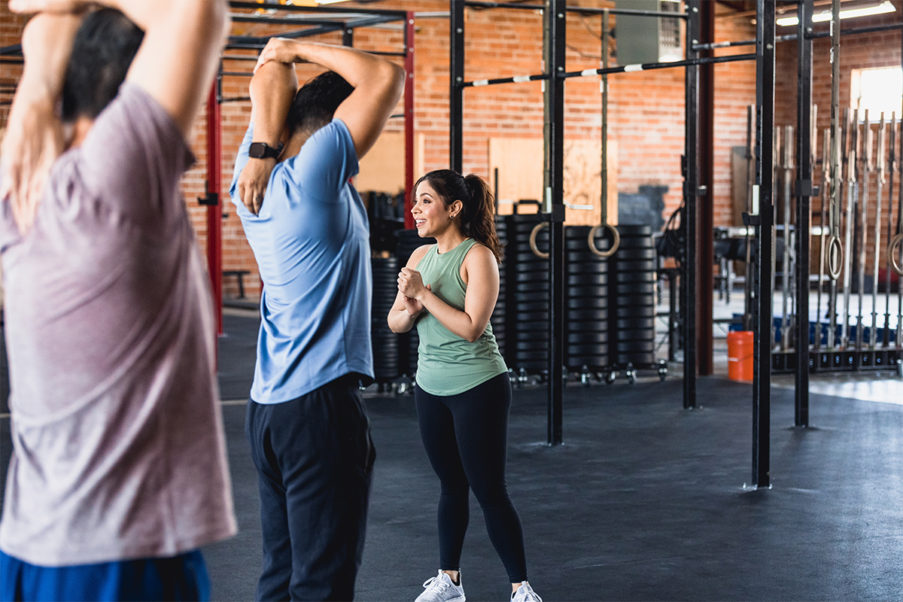Preseason Fitness Unrelated to Injury Prevention?
Athletes typically train during the offseason to improve their performance and reduce their injury potential during the regular season. However, the results of a study from Sports Medicine, Arthroscopy, Rehabilitation, Therapy & Technology (2012; doi:10.1186/1758-2555-4-26) suggest that preseason fitness levels may be unrelated to the potential for injury during the regular season.
The study’s authors wanted to test varsity athletes to see whether preseason performance measures correlated with “time to injury” during the regular season. The researchers hypothesized that “suboptimal preseason performance scores would be predictive of the time to injuries during the competitive varsity season.” Essentially, they expected to find that athletes who scored higher on fitness measures would be less likely to be injured during competition.
The study included 86 male and female athletes who played hockey, volleyball and basketball. Each participant submitted to the following preseason tests: vertical jump, sit and reach, modified Illinois agility test (measures acceleration, deceleration, direction change and running at different angles), push-up, curl-up and Apley’s ROM (range of motion—determines shoulder flexibility). The authors then noted how long it took for any of the subjects to suffer an injury during the regular sports season.
Of all the subjects, 76% experienced one or more injuries. More than half of those injuries were considered new, while the rest were recurrences of previous injuries. Lower-extremity injuries were the most common. Time to injury was shorter among females than among males, and shorter for volleyball players than for other athletes. There was very little correlation between preseason performance and time to injury.
“When accounting for exposure, gender and sport, performance measures were not found to be significant predictors of time to injury,” the authors reported. “Time to injury was influenced most heavily by gender and sport. Our study did not support the hypothesis that baseline performance measures would predict time to injury.”
Ryan Halvorson
Ryan Halvorson is an award-winning writer and editor, and IDEA's director of event programming.






